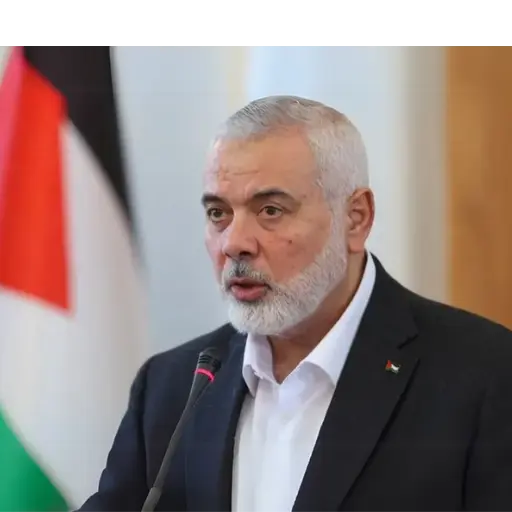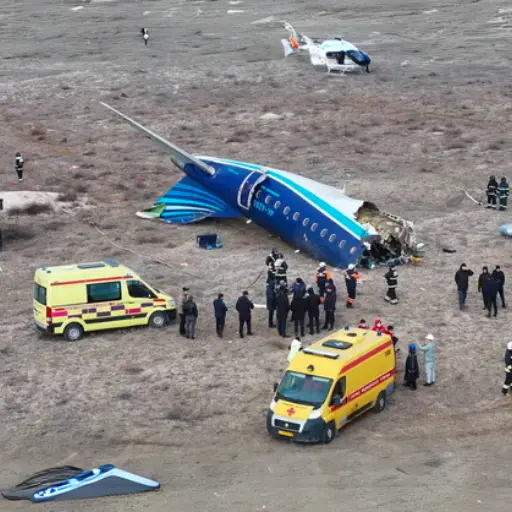Israel Confirms Killing Hamas Leader Haniyeh in Tehran

Defence Minister Reveals High-Profile Assassination
Israel has officially acknowledged the killing of Hamas political leader Ismail Haniyeh in Tehran this past July. Defence Minister Israel Katz confirmed the operation during a speech in which he vowed similar actions against the leadership of the Iran-backed Houthi movement in Yemen, which has been targeting Israel with missile and drone attacks.
Assassination in Tehran
Haniyeh, 62, was widely regarded as Hamas’s overall leader and had been staying in a Tehran building when the attack, attributed to Israel, took place. The assassination marked a significant escalation in Israel’s efforts to dismantle Hamas leadership.
Following Haniyeh’s death, Yahya Sinwar, Hamas’s Gaza leader and a key figure in the 7 October attacks, was named as his successor. However, Sinwar was later killed in Gaza by Israeli forces in October.
Broader Campaign Against Regional Threats
In his speech, Katz said Israel would continue targeting leaders of groups backed by Iran, including the Houthis in Yemen.
“Just as we did with Haniyeh, [Yahya] Sinwar, and [Hassan] Nasrallah in Tehran, Gaza, and Lebanon, we will do so in Hodeida and Sanaa,” Katz stated.
Hassan Nasrallah, the leader of Hezbollah, was assassinated in Beirut in September as part of Israel’s intensified campaign against the group amid ongoing cross-border clashes since October.
Ongoing Conflict and Civilian Toll
Israel’s military campaign against Hamas has continued for over a year following the group’s attacks on Israel in October last year, which killed approximately 1,200 people and resulted in 251 hostages. In retaliation, Israel launched operations in Gaza, which, according to Hamas health ministry reports, have killed over 45,000 people, including 58 in the last 24 hours.
Despite international calls for de-escalation, negotiations for a ceasefire remain unresolved. Prime Minister Benjamin Netanyahu reported progress in talks with Hamas but said a deal’s finalization remains uncertain.
Regional Escalation and Houthi Attacks
The Iran-backed Houthi movement in Yemen has intensified its attacks on Israeli and international targets in the Red Sea, vowing to continue until the Gaza conflict ends. Recent strikes from the Houthis included a hypersonic missile that hit a park in Tel Aviv, prompting Israel and its allies to target Houthi infrastructure.
As Israel continues its military operations, the conflict shows little sign of abating, with significant civilian casualties and regional tensions escalating.





